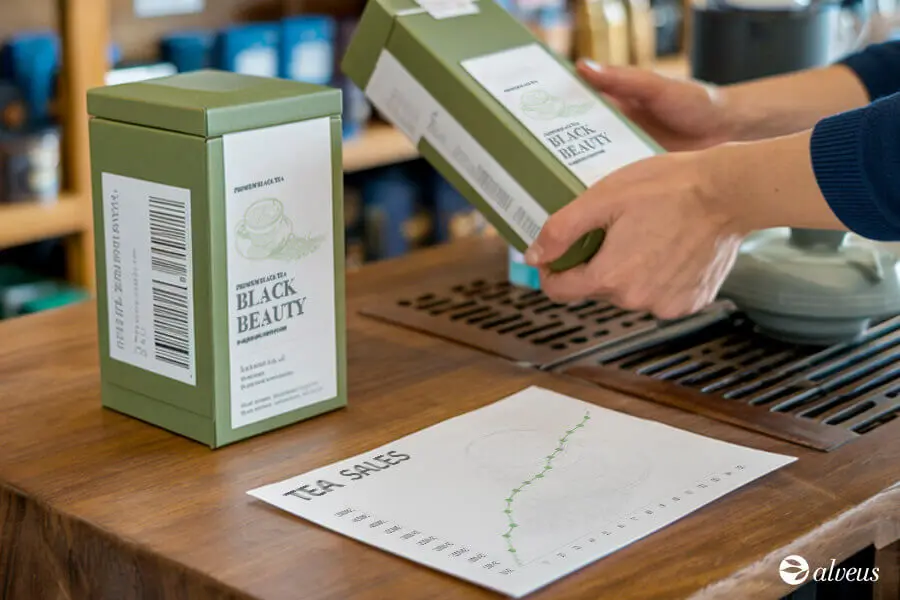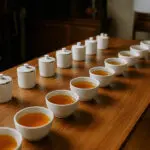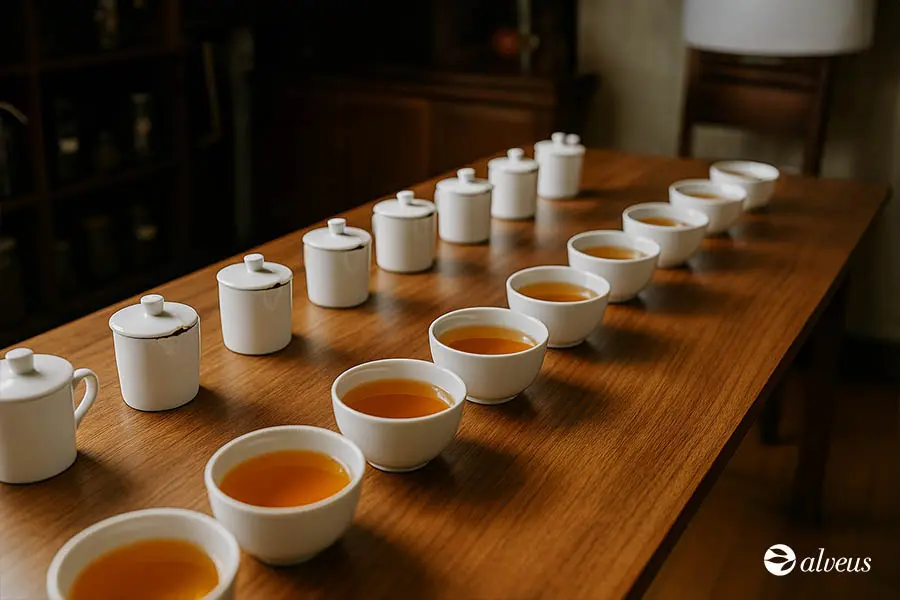Everyone wants to sell more, and tea shops are no exception.
Sometimes, a tea shop can hit a sales plateau and struggle to move forward. Often, the blame is placed on location or the perception that products are “not cheap enough,” but in our experience, this is rarely the real issue.
The main problem is usually that the shop doesn’t offer anything unique, lacks soul, or remains just that—a shop… a place where products are exchanged for money.
In this post, we’ll share a series of strategic actions to help you not only increase sales but also build customer loyalty, ensuring your shop doesn’t just survive but thrives in a competitive market.
Take notes and start implementing these ideas as soon as you finish reading!
Immersive Shopping Experiences
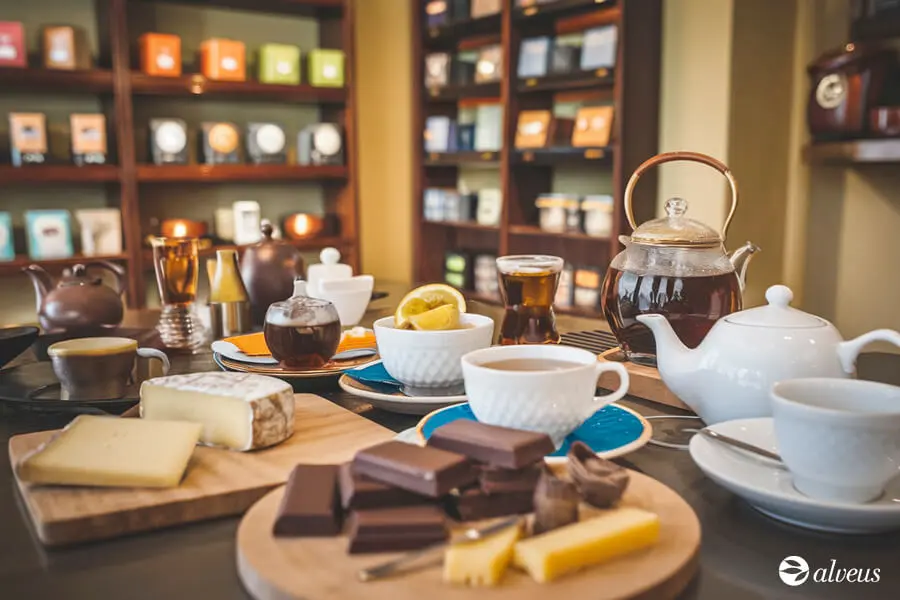
In the era of e-commerce, physical stores have the unique advantage of offering tangible and personal experiences. Customers expect to find something they can’t get when shopping online.
Host tea workshops, tastings, and pairing experiences in your shop. You can offer free invitations for purchases above a certain amount or even sell the experience directly. At the end of the session, offer products at a special price.
These experiences introduce customers to varieties they might never have considered buying. They also increase your average ticket size and help build customer loyalty.
Sell More with Personalised Teas
Personalisation is a powerful sales tool. Offer customised tea blends for your customers. You can provide a selection of base teas and loose ingredients for customers to create their own blends, or you can prepare them yourself after surveying to understand their preferences.
Once the blend is ready, write the customer’s name on the label along with a heart… you’ll win them over!
This strategy can also inspire customers to think about combinations at home and visit your shop to create them.
Subscriptions and Recurring Sales
Subscriptions are an excellent way to generate consistent revenue.
Create a tea club where members receive a monthly selection of teas. This ensures regular sales and gives customers the chance to explore new varieties without having to make purchasing decisions every time.
Sensory Marketing in Your Tea Shop
Sensory marketing is increasingly used by businesses worldwide. In tea shops, it’s particularly effective. Aim to evoke emotions through the senses to encourage purchases.
You can achieve this through smell, sight, and sound. Ensure customers can enjoy the rich aroma of your tea blends, create a cosy atmosphere with lighting and decor, and choose background music that complements the ambience.
This can make customers want to stay longer in your shop, increasing the likelihood of a purchase.
Strategic Partnerships
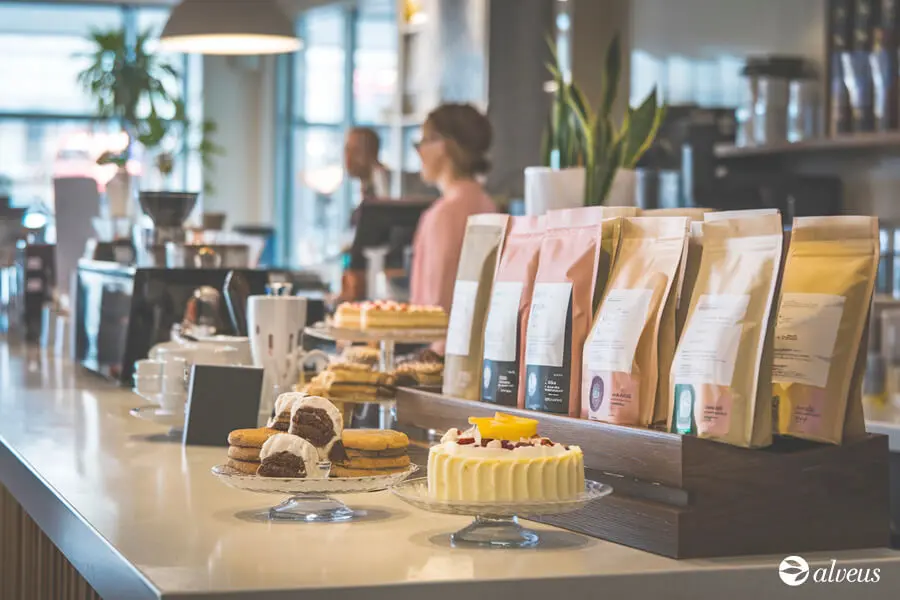
Form partnerships with other local businesses that can complement their offerings with your teas.
For example, collaborate with a local bakery to offer a selection of their products in your shop, or vice versa. This can attract bakery customers to your tea shop, increasing your visibility and reach.
You can also offer your teas to local cafés, bars, and restaurants at a special price. Design a personalised menu for their type of business, offer small quantities, and deliver the teas yourself after closing your shop. This extra effort will make them eager to collaborate and help spread the word about your teas.
Not Selling Online Yet?
Don’t underestimate the power of e-commerce. We’ve already discussed the advantages and reasons for digitising your tea shop in our blog. The main reason is that it increases your sales by reaching a larger number of potential customers.
You can also use social media to interact with customers, offer promotions, and share valuable content about the world of tea. Contests and exclusive promotions for followers can boost sales and increase your brand’s visibility.
Customer Loyalty Program
Implement a loyalty program that rewards customers for repeat purchases.
Offer gifts, discounts, tea samples, or access to exclusive events as incentives to keep customers coming back. In this post, we talk about the importance of customer loyalty in a tea shop.


